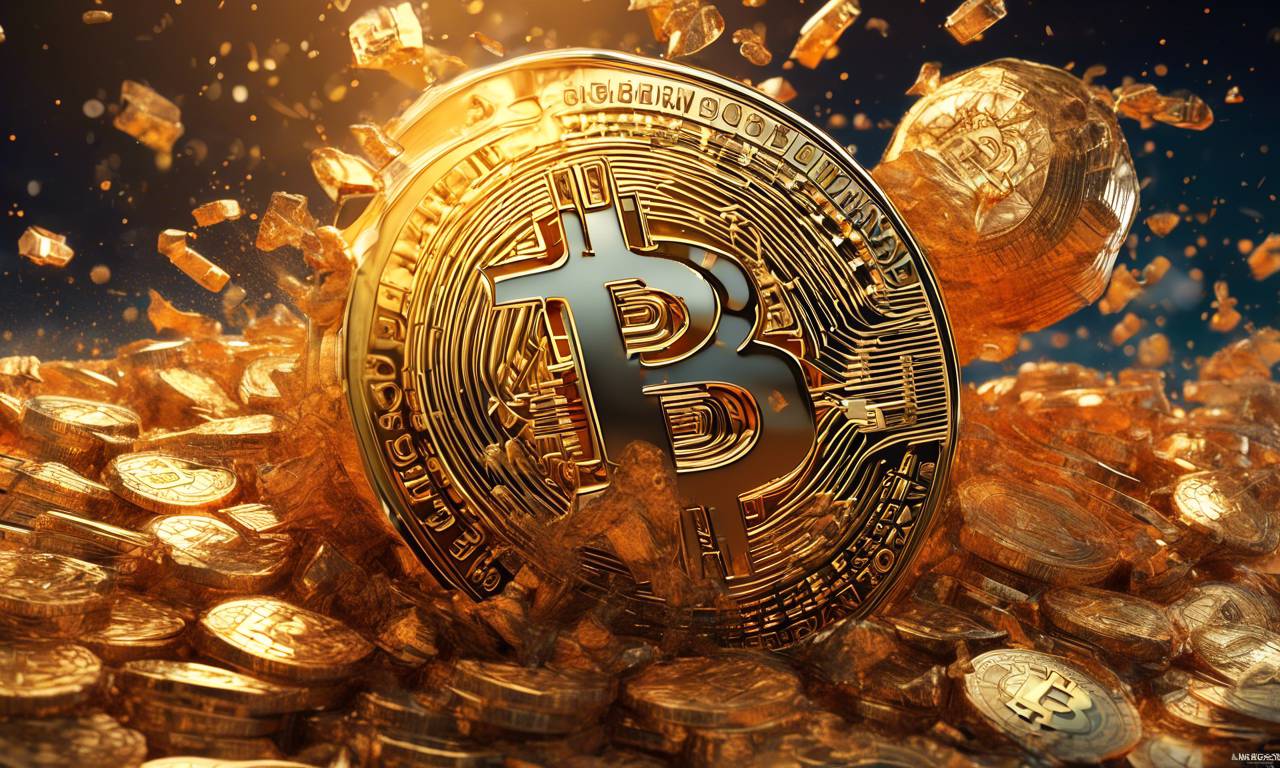The US Court Rules that Trading Certain Crypto Assets on Secondary Markets are Securities Transactions
A court in the United States has issued a ruling stating that the trading of certain crypto assets on secondary markets, such as crypto exchanges, should be considered securities transactions. This ruling contradicts the position taken by Coinbase and the wider crypto industry.
The ruling was made in an insider-trading case against former Coinbase product manager Ishan Wahi, his brother Nikhil Wahi, and their friend Sameer Ramani.
The court’s ruling stated that “each issuer continued to make such representation regarding the profitability of their tokens even as the tokens were traded on secondary markets,” thus classifying all of the crypto assets purchased and traded by Ramani as investment contracts under the Howey Test.
It is important to note that this statement from the court is a default judgment, which means it was provided when a defendant does not appear in court or fails to respond to a summons. The filing also mentioned that Ramani appears to have fled the country to avoid criminal prosecution for the alleged actions in this case.
Ramani has been prohibited from future violations and is required to pay a civil penalty twice the amount of his calculated gains. The court denied the SEC’s request for prejudgment interest.
The U.S. Securities and Exchange Commission (SEC) settled with both Wahis in May of last year. The agency referred to this case as the “first-ever cryptocurrency insider trading tipping scheme.”
You Can Follow:
The Implications of the Court’s Ruling
- This ruling challenges the notion held by Coinbase and other industry players that crypto assets traded on secondary markets should not be classified as securities.
- It establishes a legal precedent that could have significant implications for the crypto industry, particularly in terms of regulatory oversight and compliance.
- Exchanges and other market participants may need to reassess their practices and potentially make changes to ensure compliance with securities laws.
The Howey Test
- The court’s ruling was based on the application of the Howey Test, which is a legal test used to determine whether an investment contract qualifies as a security.
- The Howey Test looks at whether there is an investment of money, in a common enterprise, with an expectation of profits solely from the efforts of others.
- In this case, the court determined that the crypto assets traded by Ramani met these criteria and should be considered securities.
Impact on Crypto Exchanges
- Crypto exchanges may need to review their listing policies and procedures to ensure that they are not facilitating the trading of securities without proper registration or compliance.
- This ruling could lead to increased scrutiny and regulation of crypto exchanges by regulatory authorities.
- Exchanges may also face potential legal risks if they continue to list and trade assets that are classified as securities under this ruling.
Hot Take: The Court’s Ruling Challenges Industry Practices and Raises Regulatory Concerns 😮
The recent court ruling in the United States regarding the classification of certain crypto assets as securities transactions has significant implications for the crypto industry. The ruling contradicts the position taken by Coinbase and other industry players, challenging their assertion that crypto assets traded on secondary markets should not be classified as securities. This decision establishes a legal precedent that could lead to increased regulatory oversight and compliance requirements for exchanges and other market participants. It also highlights the need for exchanges to review their listing policies and procedures to ensure compliance with securities laws. This ruling raises concerns about potential legal risks and increased scrutiny from regulatory authorities. The crypto industry will need to adapt to these changing legal dynamics and navigate the evolving regulatory landscape to ensure its continued growth and success.





 By
By
 By
By
 By
By


 By
By